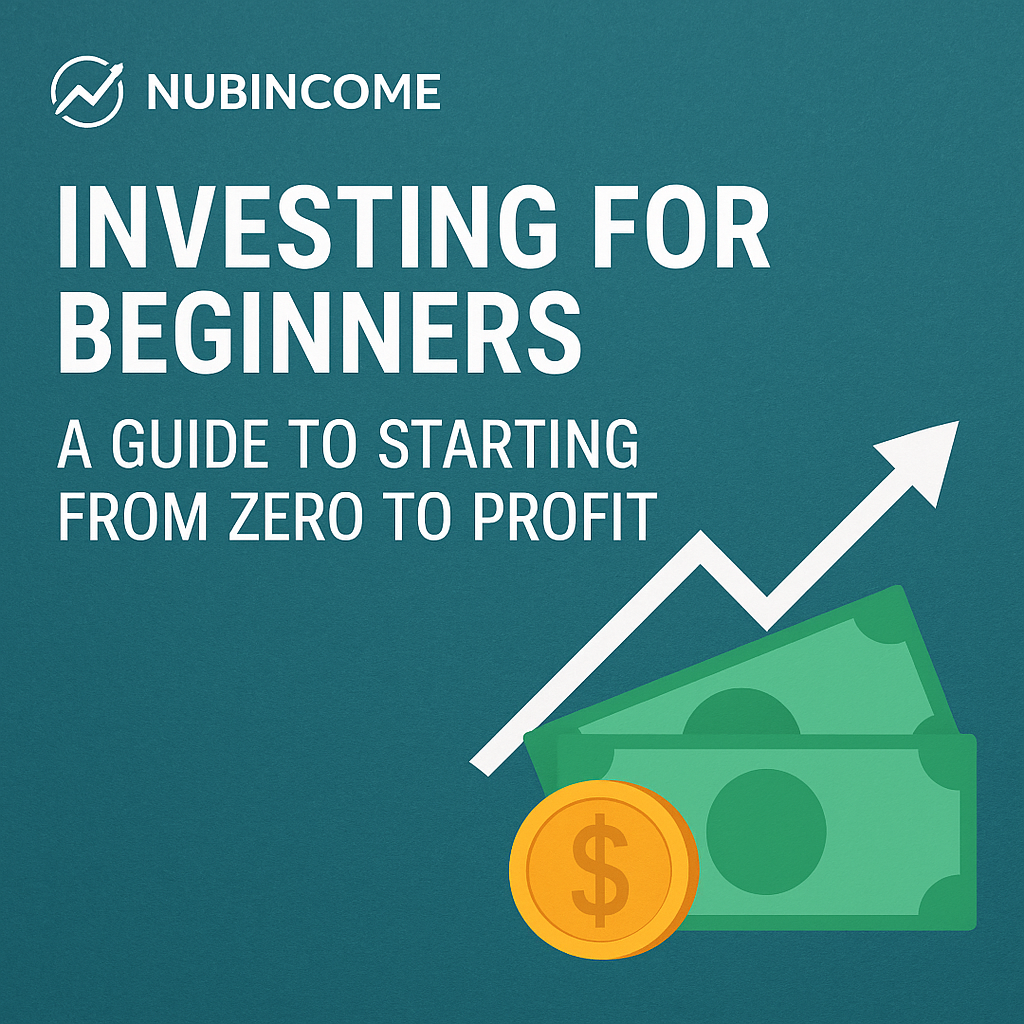IPO Institutional Investors: The Critical Role in IPOs


IPO institutional investors Advanced Role in IPOs, Discover how institutional investors like mutual funds and hedge funds impact the success of IPOs. Learn about, iPO institutional investors Advanced Role in IPOs, Discover how institutional investors like mutual funds as well as hedge funds impact the success of IPOs. Learn about their crucial position in determining IPO pricing, aftermarket performance, as well as overall market stability, as well as how they influence the trajectory of newly listed companies.
IPO institutional investors: An Overview of Their Influence
Initial Public Offerings (IPOs) represent a significant milestone for companies seeking to raise capital as well as gain access to public markets. The success of an IPO hinges on various factors, still the role of institutional investors is undeniably paramount.
These large players, including mutual funds, pension funds, hedge funds, as well as insurance companies, possess the financial muscle as well as analytical resources to significantly impact IPO pricing, demand, as well as subsequent aftermarket performance. Understanding their influence is crucial for companies contemplating an IPO as well as for investors seeking to navigate the complexities of the IPO market.
Institutional Investor Impact on IPO Pricing
IPO pricing is a delicate balancing act. Companies aim to maximize the capital raised while ensuring that the offering is attractive to investors. Institutional investors play a critical role in this process by providing valuable feedback on the proposed valuation. Their investment decisions are often based on extensive due diligence, industry analysis, as well as financial modeling.
The level of interest shown by these institutional investors provides a durable signal to the market, influencing the final IPO price. A elevated level of institutional demand can lead to an increase in the IPO price, while weak interest can force the issuing company to lower its expectations. A key factor is the perceived intrinsic value of the company. Institutional investors are often privy to facts not readily available to retail investors, giving them an edge in assessing the company’s long-term potential as well as therefore influencing IPO pricing.
IPO Aftermarket Performance as well as Institutional Ownership
The aftermarket performance of an IPO, referring to how the stock performs after it begins trading on the public market, is a key indicator of IPO success. Institutional ownership IPO is strongly correlated with positive aftermarket performance. When institutional investors hold a significant portion of the shares, it signals confidence in the company’s prospects as well as can provide price stability.
These investors tend to have longer investment horizons compared to retail investors as well as are less likely to engage in short-term trading, which can lower volatility. Conversely, a lack of institutional interest can lead to increased volatility as well as potentially a decline in the stock price. The composition of the institutional investor base also matters. Reputable, long-term oriented funds can provide greater stability compared to hedge funds focused on short-term gains.
IPO Stock Stabilization as well as the Role of Underwriters
Underwriters, typically investment banks, play a crucial role in managing the IPO process, including IPO stock stabilization. They are responsible for marketing the IPO to potential investors, setting the initial price, as well as managing the aftermarket trading. Underwriters often employ a variety of techniques to stabilize the stock price in the initial trading days, such as purchasing shares to prevent a significant price decline. Institutional investors work closely with underwriters as well as provide valuable feedback.
They are often allocated a significant portion of the IPO shares, as well as their trading action can heavily influence the aftermarket performance. The underwriter’s relationship with key institutional investors is paramount to the overall success of the offering.
Institutional Investment as well as Signaling Effects
Institutional investment acts as a powerful signal to the market. When reputable institutional investors participate in an IPO, it sends a message that the company has been thoroughly vetted as well as deemed to have durable growth potential. This positive signal can attract other investors, both institutional as well as retail, leading to increased demand as well as a higher stock price.
The absence of institutional interest, conversely, can raise red flags as well as deter potential investors. The signaling effect is particularly vital for smaller companies alternatively companies in emerging industries where facts is limited. In these cases, the involvement of well-known institutional investors can provide crucial credibility as well as boost investor confidence.
Early Performance as well as Market Impact
The early performance of an IPO is closely watched by investors as well as analysts. A durable initial performance can generate positive momentum as well as attract further investment. However, IPOs are often characterized by elevated volatility in the early days as well as weeks after the offering.
This volatility can be influenced by a variety of factors, including market conditions, investor sentiment, as well as the actions of institutional investors. A concentrated selling pressure from even a few key institutional holders can have a significant market impact, leading to a sharp decline in the stock price. Conversely, a surge in demand from institutional buyers can drive the stock price higher. Understanding the potential market impact of institutional trading is essential for investors seeking to profit from IPOs.
Strategies for Companies to Attract Institutional Investors
Attracting institutional investors requires a strategic approach. Companies contemplating an IPO should focus on several key areas. First, they need to have a compelling business model with durable growth potential. Second, they need to demonstrate a clear path to profitability as well as sustainable long-term value creation. Third, they need to build a durable management team with a proven track record.
Fourth, they need to engage with potential institutional investors early in the IPO process to understand their investment criteria as well as address their concerns. Finally, they need to work with reputable underwriters who have durable relationships with institutional investors. Presenting a clear as well as concise narrative that highlights the company’s competitive advantages, market opportunities, as well as financial projections is crucial for capturing the attention of institutional investors.
Challenges as well as Modern Solutions in the IPO Market
The IPO market faces several challenges. One is the increasing regulatory scrutiny as well as compliance requirements. Another is the rising cost of going public. A third is the growing competition for investor capital. To address these challenges, companies are adopting new strategies as well as technologies. For example, some companies are using direct listings as an alternative to traditional IPOs.
Direct listings allow companies to go public without raising new capital as well as without the involvement of underwriters. Other companies are using apparatus to streamline the IPO process as well as lower costs. Artificial intelligence as well as machine learning are being used to analyze market data, identify potential investors, as well as optimize pricing strategies. These cutting-edge innovations are helping companies navigate the complexities of the IPO market as well as increase their chances of success. These modern solutions also assist in better assessment of institutional investor impact for future planning.
Expert Recommendations for Investors Navigating IPOs
Investing in IPOs can be a rewarding still also risky endeavor. Investors should conduct thorough due diligence before investing in any IPO. They should carefully review the company’s prospectus, paying close attention to the company’s business model, financial performance, as well as management team. They should also consider the market conditions as well as the competitive landscape.
It is essential to understand the level of IPO institutional investors interest, as this acts as a key indicator of potential aftermarket performance. Investors should also be aware of the risks associated with IPO investing, including the potential for elevated volatility as well as the lack of historical data. It is often advisable to diversify your portfolio as well as allocate only a small portion of your assets to IPOs. Furthermore, consider working with a financial advisor who has experience in the IPO market as well as can provide personalized guidance.
In conclusion, IPO institutional investors play a pivotal as well as multifaceted role in shaping the performance of newly listed companies. Their influence extends from IPO pricing to aftermarket performance, market stabilization, as well as the overall perception of the company’s long-term potential. By understanding their motivations, strategies, as well as impact, companies as well as investors can better navigate the complexities of the IPO market as well as increase their chances of success. Focusing on attracting the right kind of institutional investment – long-term oriented as well as reputable – is crucial for ensuring a stable as well as positive trajectory for newly public companies. Recognizing the importance of institutional investor impact as well as actively working to cultivate these relationships is an essential step towards maximizing IPO success.





